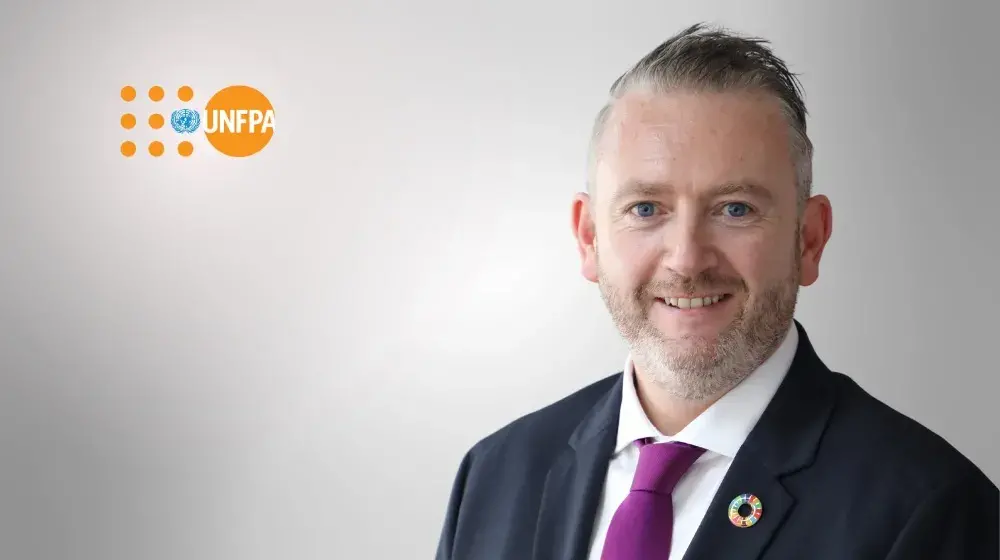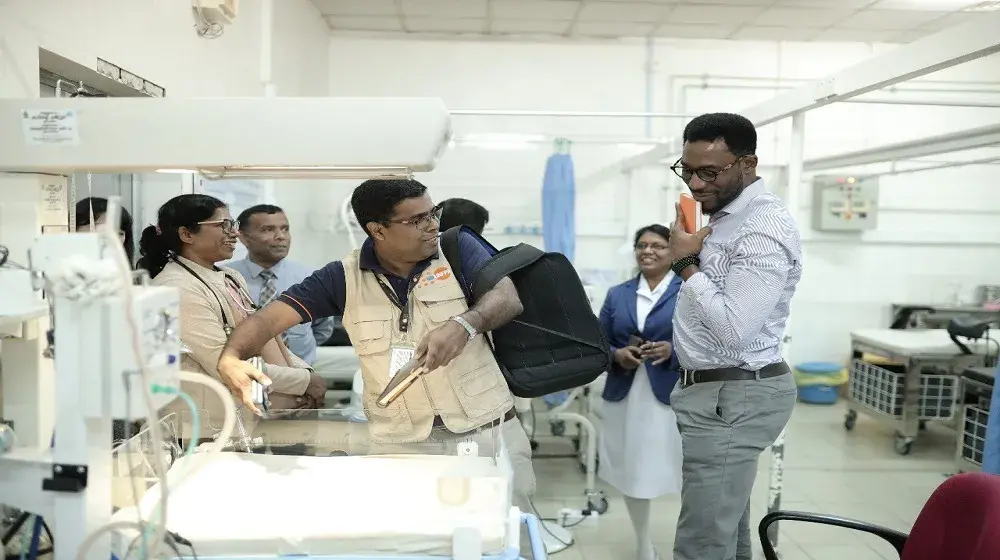Colombo, 10 July 2017: Family planning is a human right, and is critical to achieving the 2030 Agenda on Sustainable Development. It enables a woman to decide whether, when, and how many times to get pregnant. By empowering a woman to make informed choices about her body and her future, family planning allows her to live a healthier and safer life and to contribute towards national economic growth.
Recognizing the importance of family planning, the Ministry of Health launched the first Review of Sri Lanka’s National Family Planning Programme (NFPP) today, at the Family Health Bureau.
This is the first review of the NFPP since it was introduced to Sri Lanka in 1965. The review is a timely report as its launch marks World Population Day which is commemorated on 11 July, around the world. The global theme for World Population Day 2017 is ‘Family Planning: Empowering People, Developing Nations’.
The NFPP review was compiled by a group of high-level experts from the government, developmental partners, and non-governmental organizations. The comprehensive report assesses the existing services, current needs, and provides recommendations to address identified gaps.
At the launch event, the Director-General of Health Services, Dr. J.M.W. Jayasundara Bandara, said, “Since the inception of the National Family Planning Programme in 1965, the Sri Lankan Government has integrated it to maternal and child health, affirming the importance of family planning in reducing maternal and child mortality. This is of paramount importance to overcome challenges and to achieve the targets of the 2030 Agenda on Sustainable Development”.
Representative of UNFPA in Sri Lanka and the Maldives, Ms. Ritsu Naken said, “Access to safe, voluntary family planning is a human right. It is central to gender equality and women’s empowerment, and is a key factor in reducing poverty. Achieving the world’s Sustainable Development Goals by 2030 will depend significantly on how well the sexual and reproductive health and rights of women and young people are fulfilled and in ensuring that no one is left behind.”
Family planning was introduced to Sri Lanka in 1953. While NFPP has been largely successful in meeting the family planning needs of the people of Sri Lanka, issues reaming in providing quality and equitable access to services and information to all. Negative perceptions about family planning have also posed challenges to the programme. While family planning ensures services and information regarding traditional and modern methods of contraception to avoid unwanted pregnancies, it also includes the treatment and prevention of subfertility, which assists a woman to become pregnant.
The NFPP review, in light of the global theme of World Population Day, aims to dispel misconceptions and to raise awareness on how family planning empowers people, develops nations, and saves lives.




